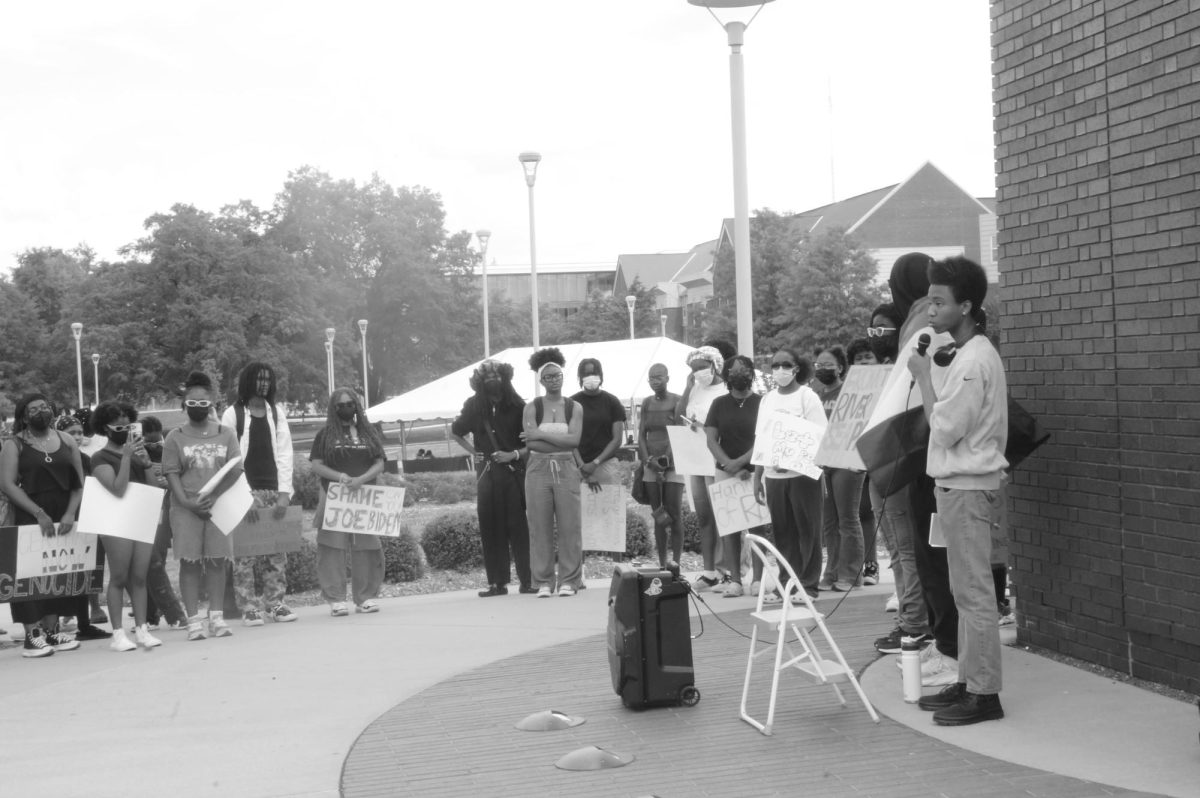Professor of Political Science George Guo’s latest book, “China’s Security State: Philosophy, Evolution, and Politics,” released in August, has gained widespread acclaim. Guo was quoted in the cover story of the Oct. 22 edition of Time.
Magazine, saying, “There is no question that China is the biggest security state in the world.”
The book has been eight years in the making, according to Guo.
“This book talks about the history, evolution and the mechanism of Chinese security and intelligence and, most importantly, how those organizations are related to leadership,” said Guo to The Guilfordian.
The book’s publisher, Cambridge University Press, heralds “China’s Security State” as “the first book that provides a comprehensive analysis of Chinese security and intelligence apparatuses and services.”
Guo’s book is also gaining recognition among prominent scholars in the field of Chinese political research.
Andrew Nathan, professor of government at Columbia University, sees the book as a remarkable achievement.
“It is an important contribution to scholarship on Chinese history and politics,” said Nathan in an email interview. “Professor Guo has made excellent use of a wide range of publications, especially memoirs and limited circulation (‘internal’) writings on the subject, and has come up with a more detailed account than anyone else has done.”
Guo expanded on the major objectives of his new book.
“The first major goal of this book is to re-evaluate the models used by Western scholars to research China,” he said. “China has never exercised the codes of Western culture like checks and balances and parliamentary systems.”
Guo further elaborated on basic political differences between the East and West.
“Our constitution in Western society is based upon protecting individualism, but in China it is the opposite,” said Guo. “Each individual has rights to be protected by the government. Therefore the government has rights to interfere with your personal life for the community.”
Guo’s new book focuses primarily on internal security in China. He asserts that some of the internal security issues in the country are caused by the surge of capitalism, which has created disparities between the rich and poor. Despite these issues, Guo remains optimistic about China’s future.
“I see the positive direction that China is heading in,” said Guo. “Society is more open and, there is an emergence of a middle class. Education has also improved.”
With leadership in China currently in transition from Hu Jintao to Xi Jinping, many are questioning what this change in leadership will mean.
Guo doubts that the new leadership will drastically change China’s general course.
“The communist party is a collective leadership,” said Guo. “(Leaders) are still constrained by the group. Now there is more compromise and negotiation in the leadership.”
Guo also commented on the potential for continued dialogue about policies in Tibet.
“Xi Jinping’s father is a friend of the Dalai Lama,” said Guo. “It could probably open another channel.”
Jacob Rosenberg, ‘12 early college graduate and a past student of Guo’s, assisted with the indexing of the book.
“It’s an amazing book and, not many people could write it,” says Rosenberg. “I’ve read it enough to know how dense it is with important stuff — especially on how China’s security state came to be so secretive and a vital part of its governance structure.”
Scholars and reviewers agree, Guo’s book is one-of-a-kind.
“I do not know of any competing work for coverage, detail and accuracy,” Nathan said.
[photomosaic nggid=75]












